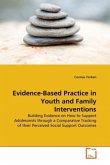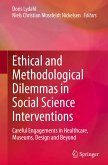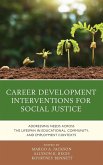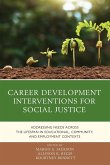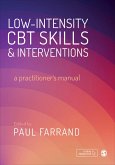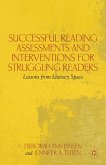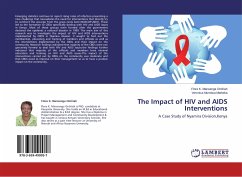This book seeks to examine the theoretical and
practice dimensions regarding the area of
interventions with adolescents diagnosed with severe
conduct disorder, in out-of-home care. The whole area
of anti-social adolescent behaviour covers complex
conceptual and practice terrain, particularly when
considered from both a positivist, clinical
perspective as well as from the standpoint of
critical theory and social constructionism.
This consideration is undertaken utilising a variety
of methods and material. This includes the writer s
own experiences as a practitioner, extensive
literature review and also qualitative and
quantitative research conducted with leading
practitioners and managers.
In adopting this overall approach, the writer seeks
to end false lines of demarcation between theory
and practice as well as the polarised debates
attributable to the science/culture wars . It is
contended that such debates yield overly simplistic
understandings and therefore practices on the
ground . Instead, a new practice paradigm is proposed
within which the harmful effects of relational trauma
can be addressed alongside those of dominant discourse.
practice dimensions regarding the area of
interventions with adolescents diagnosed with severe
conduct disorder, in out-of-home care. The whole area
of anti-social adolescent behaviour covers complex
conceptual and practice terrain, particularly when
considered from both a positivist, clinical
perspective as well as from the standpoint of
critical theory and social constructionism.
This consideration is undertaken utilising a variety
of methods and material. This includes the writer s
own experiences as a practitioner, extensive
literature review and also qualitative and
quantitative research conducted with leading
practitioners and managers.
In adopting this overall approach, the writer seeks
to end false lines of demarcation between theory
and practice as well as the polarised debates
attributable to the science/culture wars . It is
contended that such debates yield overly simplistic
understandings and therefore practices on the
ground . Instead, a new practice paradigm is proposed
within which the harmful effects of relational trauma
can be addressed alongside those of dominant discourse.


